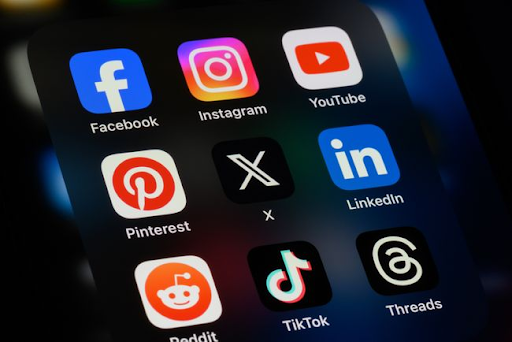More and more students are choosing to learn online rather than attend in-person classes. But is this method truly effective or as beneficial as going to school?
Online learning removes students from face-to-face interaction, making it harder to engage with teachers and fully grasp material. While it does have some advantages, there are many downsides to consider. In-person education is generally more effective because it allows students to build real connections with their teachers—something that’s difficult to achieve through a screen.
Another concern with online learning is the lack of monitoring, which can make it easier for students to cheat. If a student relies solely on online resources, it can diminish the value of their education and result in very little actual learning.
School can be stressful in any format, but online learning can make things even harder. Students may struggle to communicate their questions or difficulties as clearly as they could in a classroom setting. The freedom of being at home may seem convenient, but without a consistent routine or structure, it’s easy to fall behind. You might tell yourself you’ll get to it later, but distractions at home can lead to a cycle of procrastination. Eventually, the work piles up, motivation fades, and catching up feels overwhelming.
Ultimately, while online learning has its perks, in-person education offers more benefits and remains the most effective way to learn.

















